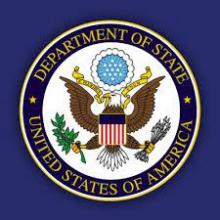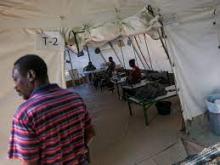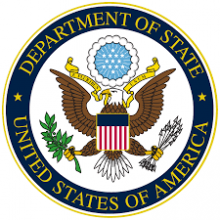2023 Trafficking in Persons Report for Haiti
The U.S State Department recently released its 2023 Trafficking in Persons (TIP) report. There was very limited progress addressing TIP including domestic servitude (restavek). This is hardly surprising given insecurity, weak governance, natural disasters, inflation and increased food insecurity. Haiti was not downgraded to Level 3 because it developed a written plan that could at least provide a foundation for future efforts.








